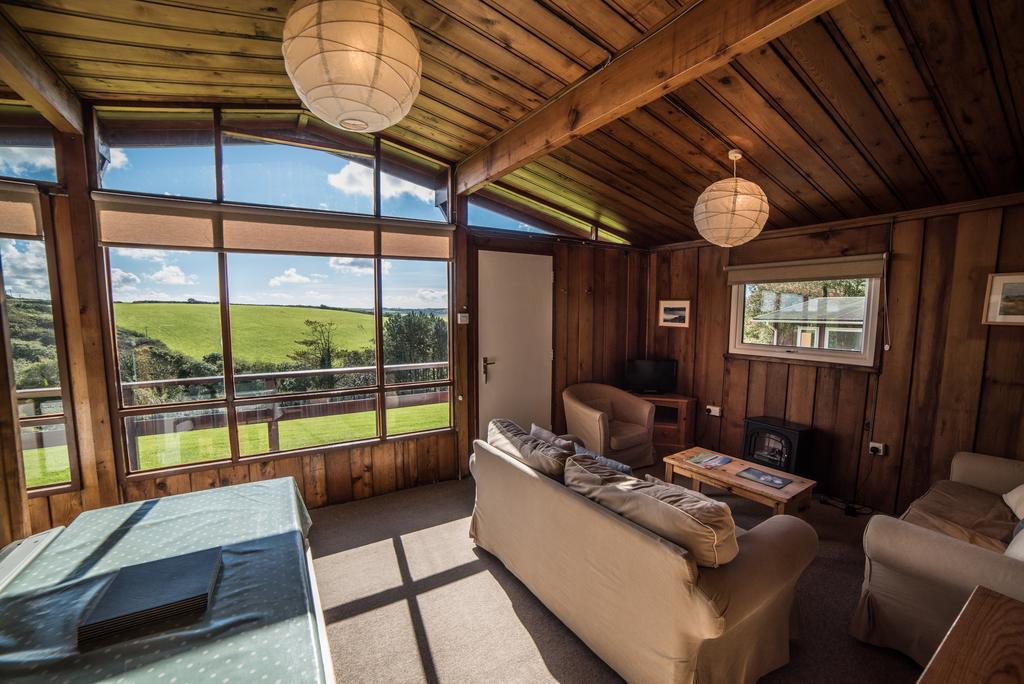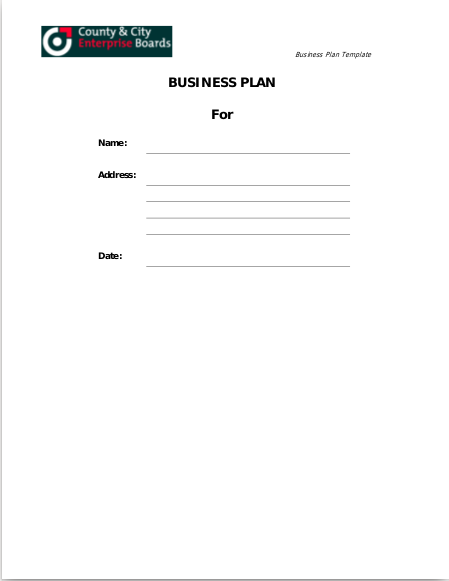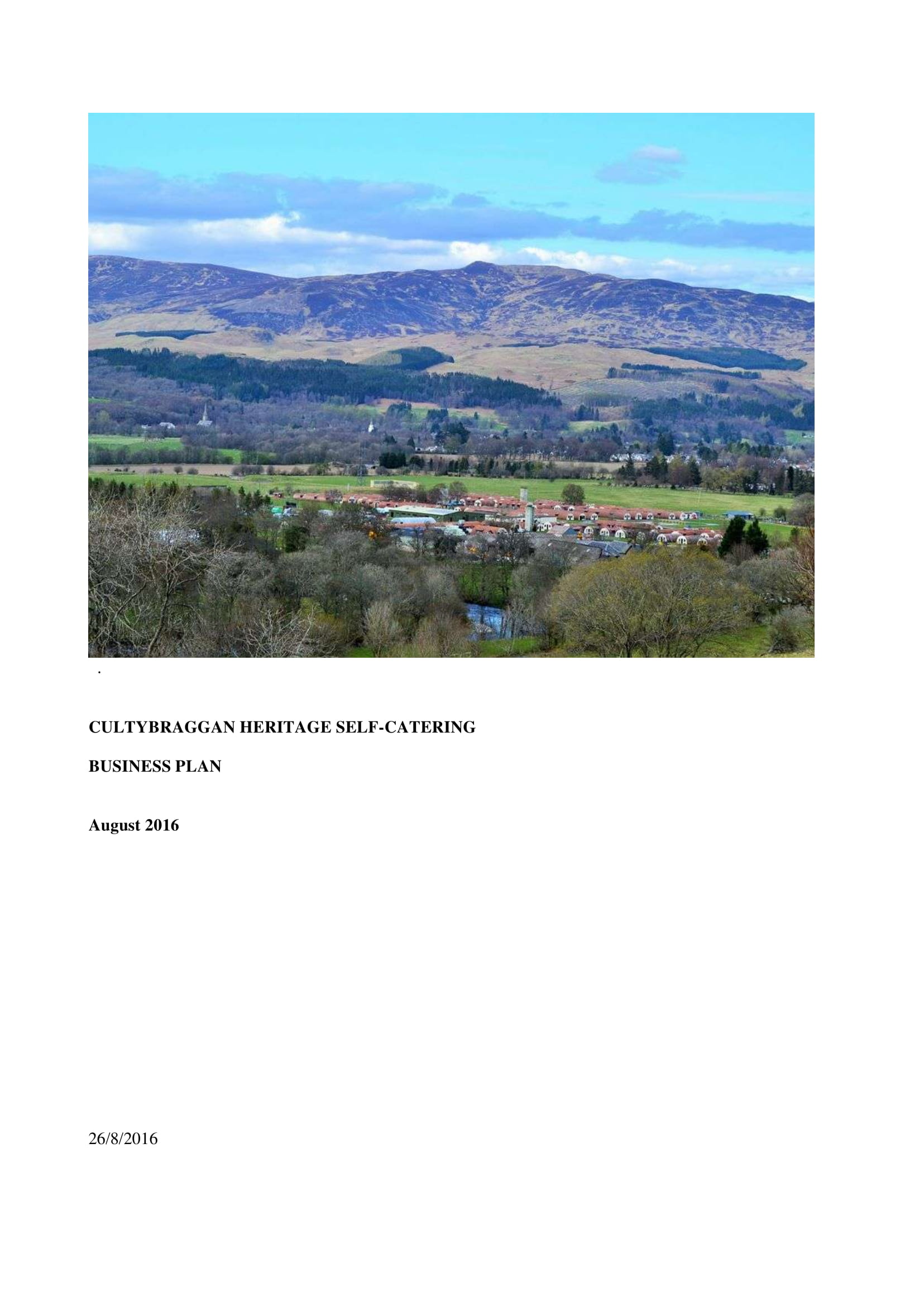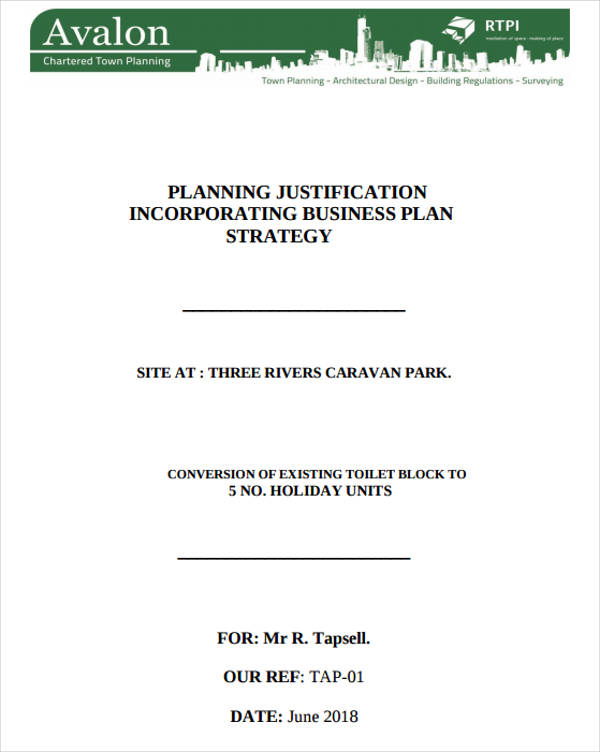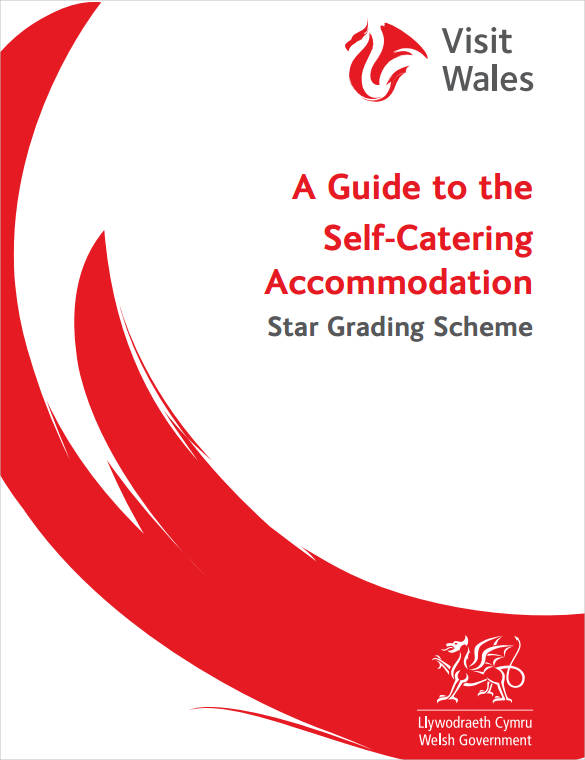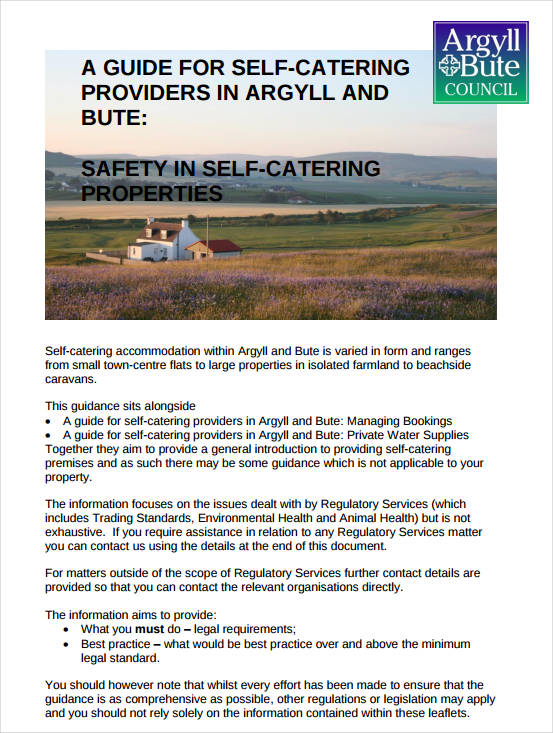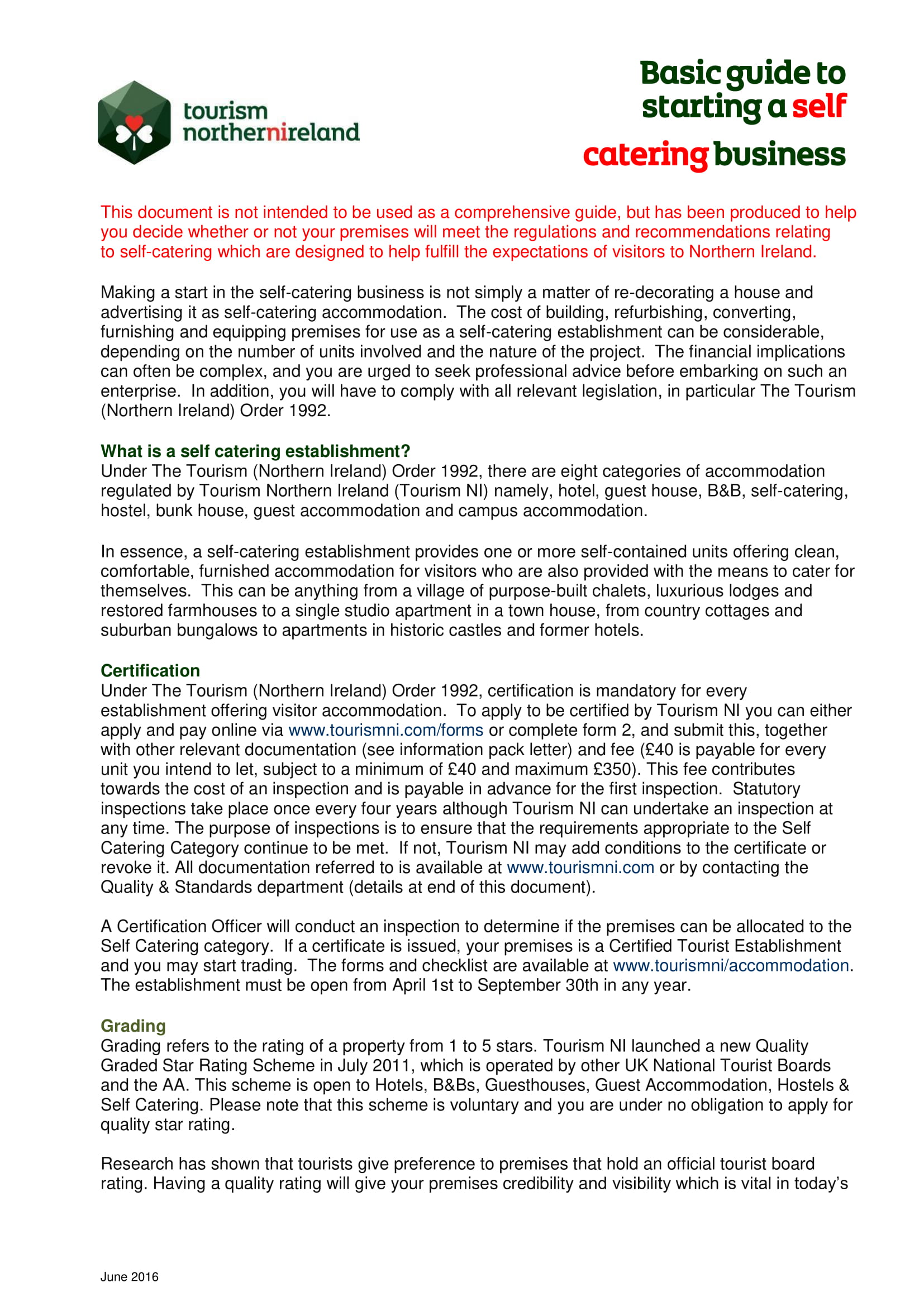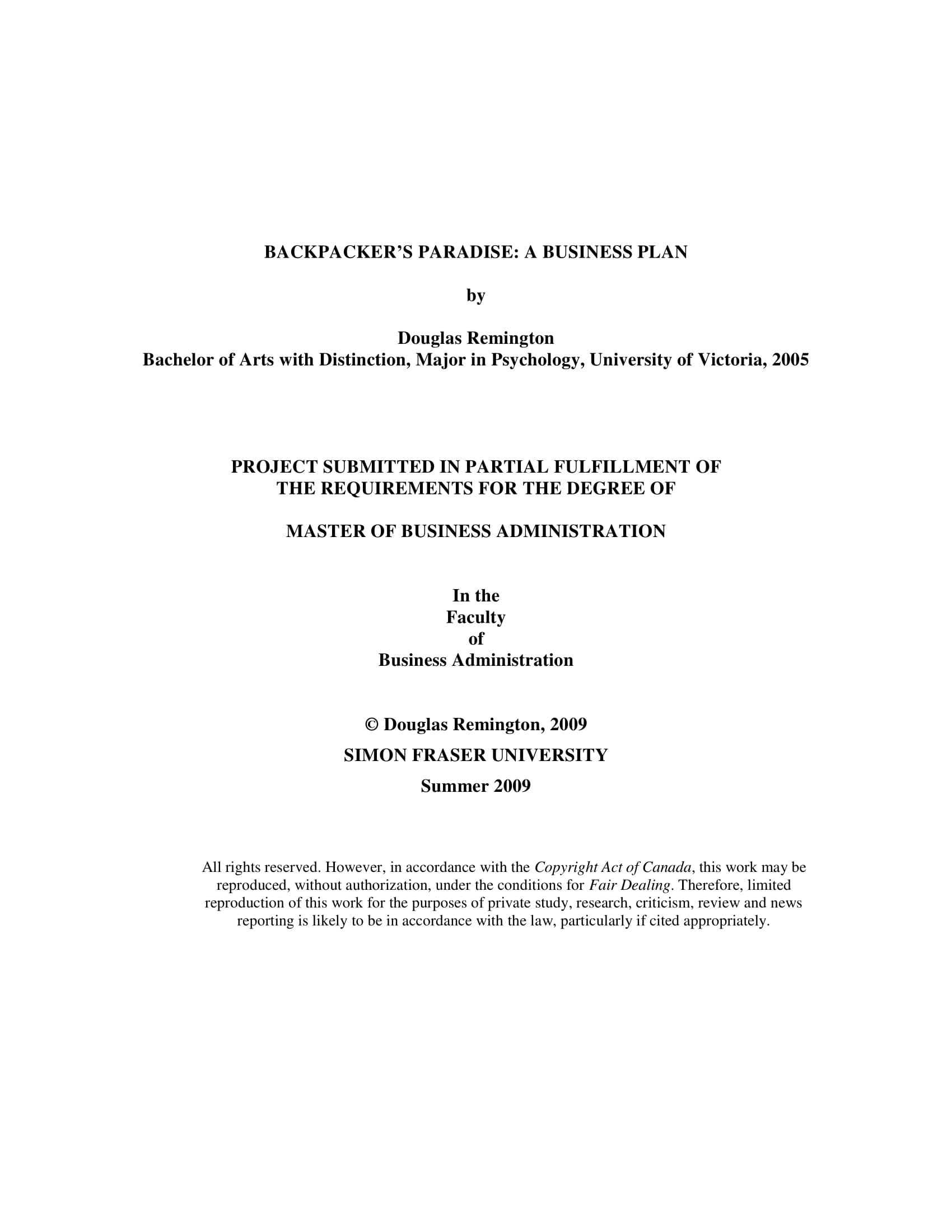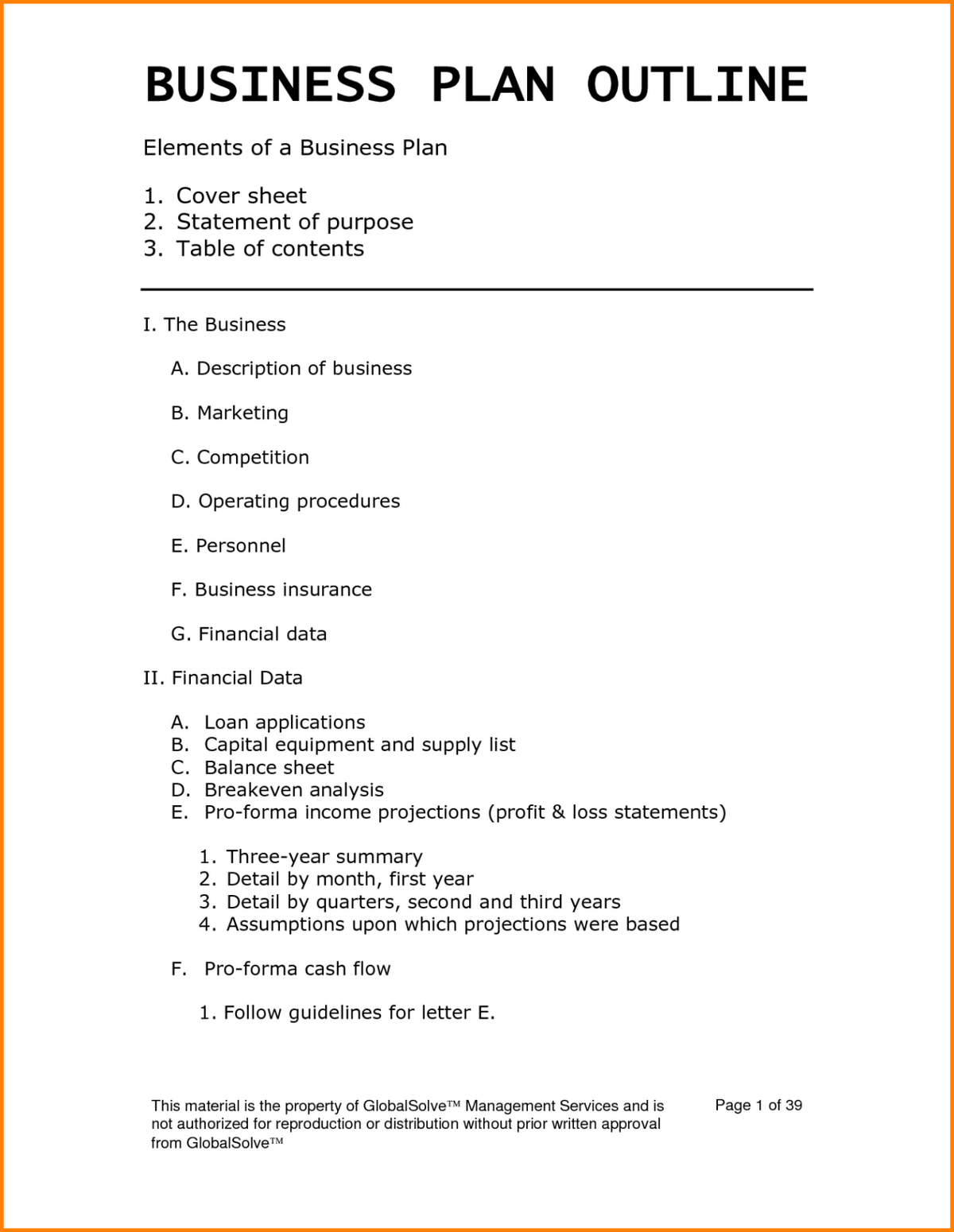8+ Self-Catering Business Plan Examples to Download
Self-catering is a field in the hotel and hospitality industry wherein the holiday accommodations rented to customers provide them with facilities where they can prepare their own meal.
Self-catering cottages are also, by far, more spacious than common hotel rooms and B-and-B spaces. Aside from the bedrooms and bathrooms, they also provide a sitting room and a kitchen which can shelter multiple people at the same time. You may also see importance of business plan.
The concept of self-catering is to provide a literal home away from home. The clients will be leasing an actual house with the amenities that a normal abode would contain. It offers an exclusive access to the rented sanctuary, and can be serviced by the vacationing group for a week up to a month, depending on their general agreement with the landlord.
But if you already are, or want to be, in the self-catering business, then, surely, you already know all this. However, having a better understanding of the meaning behind the business you are venturing into and the values that the field upholds will help you picture a clearer view of the efforts you must exert to succeed at it. You may also like how to make a business plan.
Catering Business Plan Example
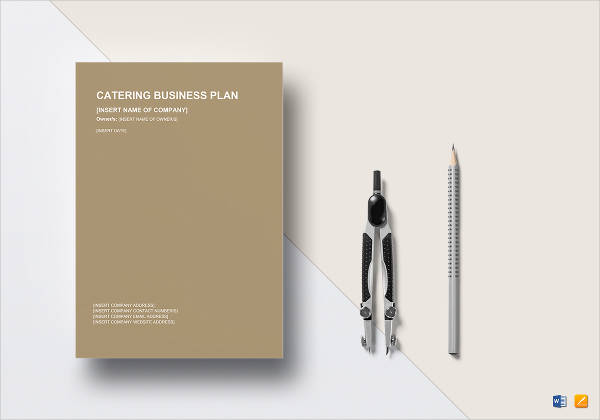
Self-Catering Business Plan Template
Cultybraggan Heritage Self-Catering Business Plan
Starting a Self-Catering Business
Starting a self-catering business, or any sort of business, for that matter, is never purely fun. It’s both worrying and stressful. You have to plan and decide every tiniest detail about your business. Its location, its target market, your marketing techniques, and even your brand’s design is an aspect that should be pondered upon. You may also see business plan guidelines examples.
Before you can successfully open your very own self-catering cottage, there are multiple things about it that you must think about first:
1. Would you allow pets to stay or not?
This can be an issue for some of your interested clients because a lot of vacationing groups want to take their pet (who is an extension of the family) along with them, especially if they are planning to stay in the cottage for a long time. Allowing pets into your cottages is a decision you must make for yourself. You may also like hotel business plan examples.
However, if you look at it through a businessman’s perspective, permitting pets is a great way to maximize your market audience since everyone, even the hairy, tail-wagging members of the family, are welcome to stay at the places you offer.
2. What about staff?
Most people in the self-catering business think that since they are renting a whole house for tourists to make use of, they no longer have to hire extra pairs of hands to assist the guests who are expected to be, for a lack of a better word, self-catering. You may also check out market analysis business plan examples.
Not only is this a misconception, this is also a terrible, terrible mistake. There is a big difference between simply leaving your guests with keys to the cottage and leaving them to their own devices, and introducing them to a helpful staff who can help them adjust to their temporary house and even show them around the town. You might be interested in how to create a business plan?
This is a big plus in your hospitality points, and your guests will feel much more confident knowing that there is a nearby help who can assist them in their tiniest need, especially since they are in a foreign place. Plus you will need help to clean and prepare the place for the next customer who will stay in the cottage. Or if you want to do all that yourself, be our guest. You may also see how to do market analysis of a business plan.
3. How much should your cottages cost?
The best way to know how much you should charge your guests for staying in your cottages is to look at the prices that your direct competitors are asking from customers. If your facilities and the general appearance of your place is better than those in your immediate area, its only logical that you charge higher than them. You may also like business operational plan examples.
But make sure you don’t go too high, otherwise, your interested clients would just look for another place that offers similar amenities at a lesser price. People will always be reluctant to spend too much money on an accommodation, irregardless of how grand it is. Overcharging is a great way to lose your business, especially if you are yet to make a name for yourself. You may also check out business plan outline with examples.
4. What about your rental bookings?
A common practice in the self-catering industry is the practice of asking for a deposit. This is a way to ensure that the customer is serious about the reservation he has made. The general rule is to ask for 25% out of the amount that the client is supposed to pay for the whole cottage, but if you want to ask for a higher or lesser amount, it’s up to you. You might be interested in implementation plan examples.
These deposits are often non-refundable, which means that you, as the owner, can keep it even though your customer has decided to not push through with the reservation. However, some owners also choose to return the money if they immediately find a new guest for the cottage in question. You may also see advertising and marketing business plan examples.
A lot of self-catering businesses also ask for housekeeping deposit. This is a specific amount of money that the customer will have to give to the owner, and from which the owner can subtract any damages that the guests may cause to the property they’ve rented. But this practice is not very effective since it tends to scare interested clients away who are a little doubtful of the extra charge. You may also like evaluation plan examples.
Once you have settled these four minor issues, you can now proceed to creating a business plan for your holiday rental.
Self-Catering Business Plan Strategy Example
Self-Catering Accommodation Business Plan Example
Free Self-Catering Business Plan Example
Creating Your Own Self-Catering Business Plan
For both business newbies and veterans, a simple business plan is an indispensable tool. It’s a great way to look at your business with an objective eye to effectively recognize important aspects such as targeting the right market, keeping up with the present day market trends, and simply maximizing the potential of your cottage as a vacation home to tourists. Here are four key strategies that can serve as your business plan’s model:
Do a situational analysis
1. Target Markets.
Even for the most experienced members of the self-catering industry, taking the time to assess the groups of renters, families, travelers, and tourists who you can target for your marketing attempts has been proven to create a considerable raise in your sales. Instead of blinding advertising your business where getting a positive response is doubtful, you can focus your efforts toward a more specific group of people who are more likely to respond to the affirmative.
2. Demographic.
Understanding the demographic groups to which most of your previous clients are a part of is a great way of understanding your potential customers who might enjoy the comforts of your cottages as well.
3. Psychographic.
Still studying your clients at a more objective view, how do you think they like spending their leisure time? What do you think are their hobbies? What are the activities they would want to engage in while staying with you?
These questions are important because the better grasp you have of the preferred lifestyle of each of your guest, the better you will be at understanding what they would need to enjoy their stay with you, which is your primary responsibility. You may also see food catering business plan examples.
4. Conduct a S.W.O.T. Analysis.
After you have gotten to know your clients, it would be best to try to understand your business next. What are your strengths or the advantages that your business has against your many competitors?
What are the areas where you fall short, and where your competitors are better than you at? What are the open opportunities you can grab to better your services? What threats can you predict that can jeopardize your business’s existence? By answering these simple questions, you are looking at your business and the factors that can directly affect your business. You may also like event operational plan examples.
5. Competition.
The business industry is a survival of the fittest. It is a constant battle between who can outsmart who. By looking at your competitors and studying their strategies, you can design yours to serve as a more effective counterattack.
Unfortunately, your competitors are numerous. We have hotels, bed-and-breakfasts, resorts, hostels, caravan parks, and even camp sites. Understand what these places have against you so that you can do something about it. You may also see operational plan for restaurant examples.
Determine your marketing strategy
1. Marketing Objectives.
What is your purpose for marketing your holiday home? Are you doing it to gain more inquiries about the place? Are you doing it to earn reservations and bookings for a certain date? Or are you doing it to raise your revenues? You should be clear on the reason why you are doing it so that you can exert the right amount of efforts and conduct an exact series of steps leading up to it. You may also like bar business plan examples.
2. Online and Offline Advertising.
Which marketing activity are you going to adopt for your business? Are you going for online marketing, offline marketing, or a combination of both? Knowing your marketing strategy will help you understand the platform that you will be using and the techniques that will help you make the most out of it.
3. Become an Expert in Your Area.
Although you are not offering a tour service along with your accommodation, it is best to know the parts of your locality that your guests would enjoy. You can also add to your sales pitch the tourist attractions and restaurants that will be accessible to the clients if they choose to stay at your cottages. You may also check out catering company business plan.
Self-Catering Business Start-up Guide
Hostel Self-Catering Business Plan
Self-Catering Business Plan Outline
Get your money in the right place
1. Break-Even Analysis.
Understanding the financials of a business is fairly simple. You need to keep track of the money that goes into your business, and the money that goes out of it for a certain period of time (which, usually, is a month). If you have more money leaving than arriving, then you’re surely in trouble. You may also see restaurant strategic plan examples.
Keeping a balance between the two is crucial. If your profit is not solely dependent on the rental fee you earn for your cottages, include into your calculations the other sidelines you having going.
2. Expenses.
Your expenses refer to the amount of money that your rental houses need to keep running. This may also refer to the renovations and repairs that you might need to conduct to your establishments, and the payment that you owe your staff for their services. You may also like management plan examples.
3. Cash Flow.
Your cash flow will help you understand your present location in terms of your rental goals or the benchmarks you have designated for yourself to reach. If your cash flow does not match your professional goals, then perhaps it’s time to implement a contingency plan.
4. Sales Forecast.
Unfortunately, the tide of tourists aren’t equally distributed throughout the year. There are quiet months with rarely a renter in sight, and there are months where you’ll need more cottages to accommodate them all. It’s important for you to determine which months your business is at its peak and factor in your payment schedules to help you budget your income.
5. Contingency Planning.
It’s always better to have one good eye on the lookout for possible sources of problems for your business so that you won’t be caught off guard by any of it when they come. A contingency plan is designed to help you predict all of your potential issues, and design a backup plan for each one of them. You may also check out advertising plan examples.
Determine the areas where your self-catering will succeed
Looking at the dark side of the business such as your pitfalls, shortcomings, and risks is a smart way of always being ready for battle. But by looking at your advantages and your assets that can lead your business to success, you are also making yourself aware of the things that you should cultivate and strengthen to make that success definite. You might be interested in marketing strategy business plan examples.
By this time in your general business plan, you should already be capable of answering the following questions:
- Who is your target market?
- What is your home’s theme that can attract customers?
- What marketing platform should you adopt for your business?
- How many rent days, weeks, or months do you need to get back what you’ve spent on expenses and earn a profit?
- What are the risks that come along with renting a self-catering cottage home and what can you do against them?
Your own definition of success for your business may be completely different from the success that your competitors have in mind. If having guests who enjoyed their stay is already enough for you to feel like your business is being successful, then it’s your right to think so. You may also see business plan examples.
But if you need a full house during every month of the year before you can be convinced of your business’s prosperity, then you have a long way to go to get there. But by setting goals, you are creating tiny milestones that you can work toward and achieve sooner.


